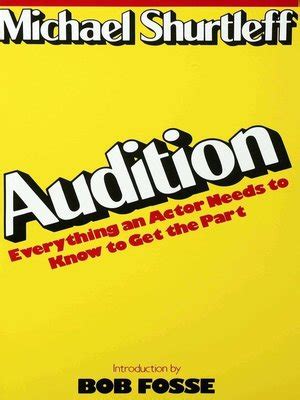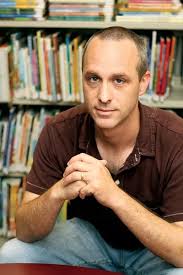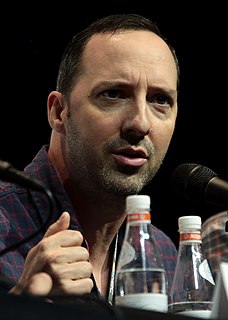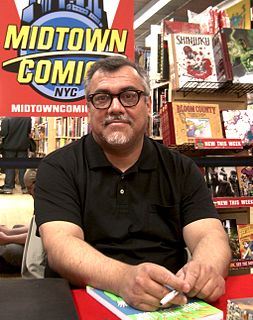A Quote by Nat Hentoff
A particular moment - and I'm not, to this day, quite sure how I feel about it - I had always wanted to be in the law books - you know, Hentoff vs. something or other.
Related Quotes
No matter how much we know about the other person, there is always something going on in that other heart and that other head that we don't know but can only ponder. And no matter how we explain ourselves to someone else, no matter how open we are, there is always still something inexplicable, something hidden and unknown in us, too.
Gardeners (or just plain simple writers who write about the garden) always have something they like intensely and in particular, right at the moment you engage them in the reality of the borders they cultivate, the space in the garden they occupy at any moment, they like in particular this, or they like in particular that.
I try to be aware of what I'm concerned about, aware of how I feel about myself in the world, aware of how I feel about the issues of the day, but I guess I don't want to write essays in my head about my craft and maybe it's because I teach and talk about craft of other writers as a reader. I feel the moment I start doing that is when it's going to kill me.
I'm actually not so sure what I'm hoping to find making photographs. You always want to come back with an image that's interesting visually, and you hope to get something from the person you photograph that's different than other images you know of these people. I don't know how I go about it. I also don't know how exactly what I set out to get other than these two things.
I've always been quite careful about what I wanted to do. I've just never wanted to revisit old ground or do something that's easy. I want to do something that I would look at and go, "I don't know what to do!" The most exciting thing is when you're a bit scared, so I'm looking to find something that's really terrifying.
No sooner had he thought this than he realized what was anchoring his happiness. It was purpose. He knew what he wanted to do. He knew the way he thought things should be, and Mr. Harinton was proving that other people--even adults--could feel the same way. Nicholas had something to aim for now. He might not know what he wanted to be when he grew up, but he knew with absolute certainty how he wanted to be.
We had no irony when it came to girls, though. There was just no time to develop it. One moment they weren't there, not in any form that interested us, anyway, and the next you couldn't miss them; they were everywhere, all over the place. One moment you wanted to clonk them on the head for being your sister, or someone else's sister, and the next you wanted to....actually, we didn't know what we wanted next, but it was something. Almost overnight, all these sisters (there was no other kind of girl, not yet)had become interesting, disturbing, even.
The deeper reality is that I’m not sure if what I do is real. I usually believe that I’m certain about how I feel, but that seems naive. How do we know how we feel?…There is almost certainly a constructed schism between (a) how I feel, and (b) how I think I feel. There’s probably a third level, too—how I want to think I feel.
He would talk to them of stories and books, and explain to them how stories wanted to be told and books wanted to be read, and how everything that they ever needed to know about life and the land of which he wrote, or about any land or realm that they could imagine, was contained in books. And some of the children understood, and some did not.
The importance of making sure that the sense of accountability when, in fact, law enforcement is involved in a deadly shooting is something that I think communities across the board are going to need to consider, we have a great opportunity, coming out of some great conflict and tragedy, to really transform how we think about community law enforcement relations so that everybody feels safer and our law enforcement officers feel, rather than being embattled, feel fully supported.
The hardest stories we tell are always about ourselves. How do you explain that you have been missing your mother for 20 years? I don't know how to explain that to you. I wasn't even sure I wanted to film that, because I don't know how I felt about it. I didn't want to put her through it, and I frankly wasn't ready. Because since I was 16, I just had created my own life for myself, you know? I left when I was 12. I'm 32. And I have gotten to know my mother more through editing her and looking and watching and editing her footage, you know.







































